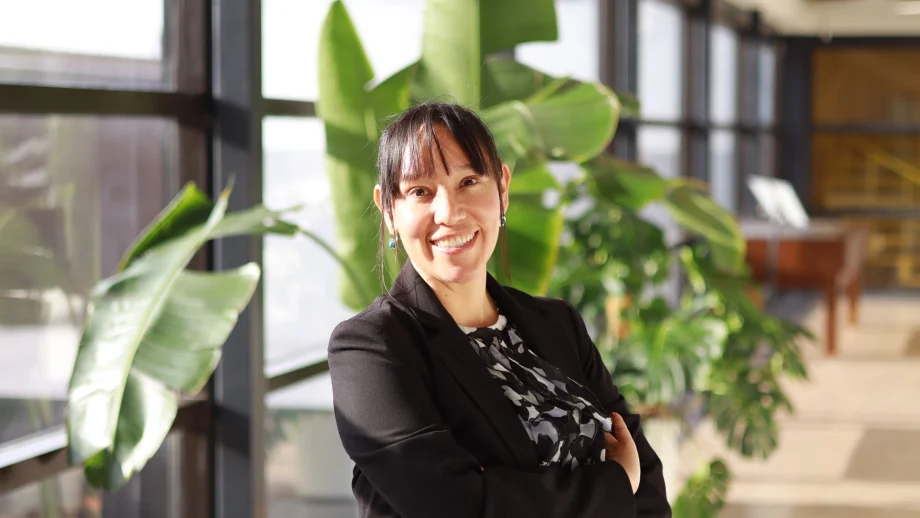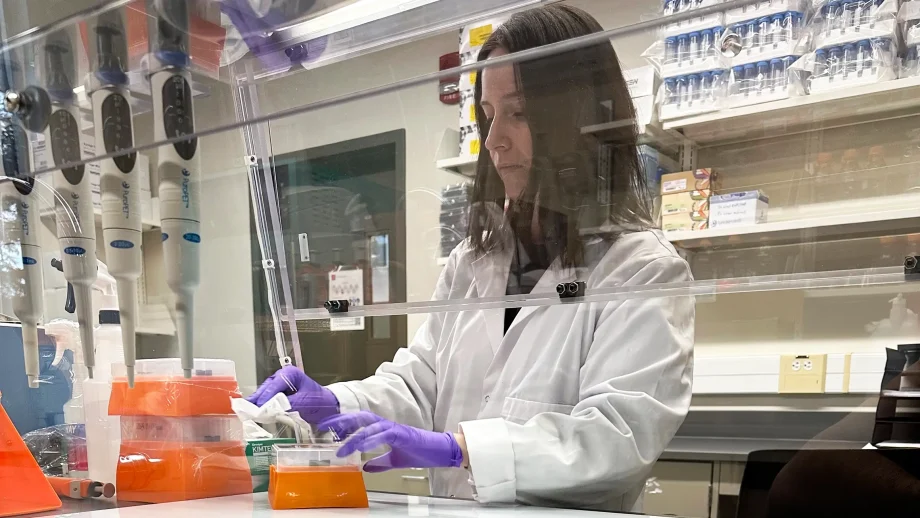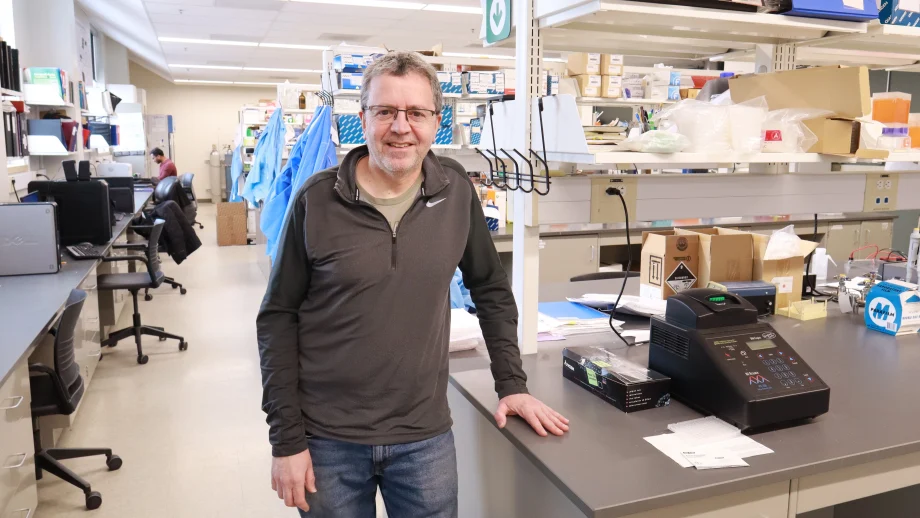WINNIPEG, MB – Seven descendants of residential school survivors presented their personal digital stories today at The University of Winnipeg. ininiwag dibaajimowag*: First Nations Men and the Inter-generational Experiences of Residential Schools was the inaugural screening that included the stories of Mike Fontaine – Gilbert Fredette – Dan Highway – Greg McIvor – Jason Parenteau – Clayton Sandy – Ryan Slater. This project is co-presented by UWinnipeg’s Oral History Centre (OHC) and the Department of Indigenous Studies (IS).
“This project allowed me the opportunity to say my piece as the son of a residential school survivor in a creative way,” expressed Mike Fontaine. “I believe the impacts on my generation are as profound as those that survived the experience. Our shared experience is a prime example of misguided and egregious government policies. By sharing my story, I hope to help shed some light on this part of Canadian history.”
Last fall UWinnipeg’s Oral History Centre received a $500,000 grant from the Aboriginal Healing Foundation to document the intergenerational effects of residential schools. ininiwag dibaajimowag: First Nations Men and the Inter-generational Experiences of Residential Schools is phase one of a three phase initiative, to assist in the collective Canadian healing process on the path to reconciliation.
The second phase includes the development of a comprehensive video storytelling toolkit to assist other Aboriginal men and women to develop digital storytelling projects within their communities.
The third and final phase is a Summer Institute, in August 2013 at UWinnipeg. This Institute will educate Aboriginal professionals, educators, service providers, front line workers and community leaders from across Canada on the intergenerational effects of residential schools.
“We are very excited to host this project at our new Oral History Centre,” said Dr. Alexander Freund, Associate Professor of History and Co-director, Oral History Centre. “We see the benefits of merging oral history and digital storytelling. These methods empower those who have been victimized and marginalized to confront society, to provide meaningful interpretations, and to create a legacy for generations in a creative way.”
ininiwag dibaajimowag: First Nations Men and the Inter-generational Experiences of Residential Schools builds on a previous initiative by the Prairie Women’s Health Centre of Excellence entitled Inter-generational Effects on Professional First Nations Women Whose Mothers are Residential School Survivors.
“It is a healing and restorative process to find and tell one’s story,” said Lisa Forbes, Advisory Committee Member, OHC/IS Children of Survivors: The Inter-generational Experiences of Residential Schools. “I have always been moved by the stories shared on the intergenerational experience, for both Aboriginal and non Aboriginal people. I am pleased that the men’s voices and perspectives will be heard and shared to help with our communal healing process and reconciliation.”
The Aboriginal Healing Foundation’s goal is to help create, reinforce and sustain conditions conducive to healing, reconciliation, and self-determination. It is committed to addressing the legacy of abuse in all its forms and manifestations — direct, indirect and intergenerational — by building on the strengths and resilience of Aboriginal peoples.
* Ojibwa phrase for men sharing their stories.




